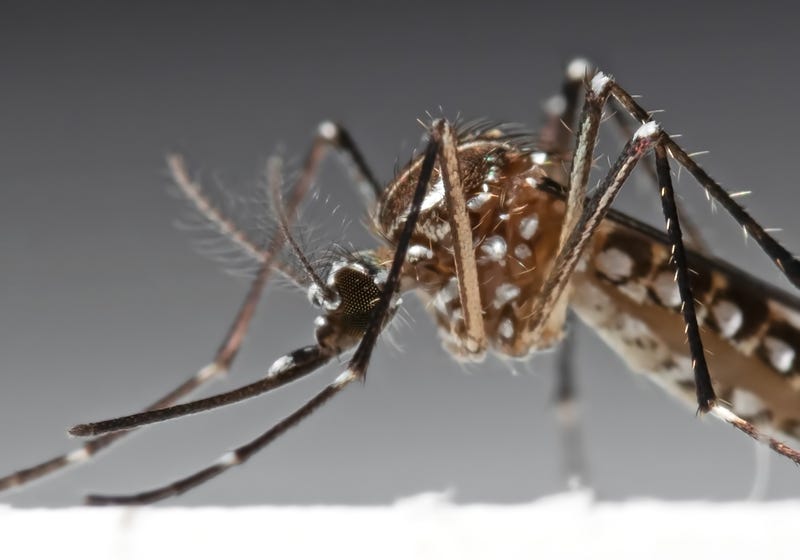
KALAMAZOO, Mich. (WBBM NEWSRADIO) -- Michigan residents and visitors are being urged take precautions against mosquitos.
The Michigan Department of Health and Human Services said there is a suspected human case of Eastern Equine Encephalitis (EEE) in Barry County, just northeast of Kalamazoo, Michigan. EEE is a a potentially deadly illness caused by the EEE virus.
"This suspected EEE case in a Michigan resident shows this is an ongoing threat to the health and safety of Michiganders and calls for continued actions to prevent exposure, including aerial treatment," Dr. Joneigh Khaldun, chief medical executive and chief deputy for health at MDHHS, said in a statement.
"MDHHS continues to encourage local officials in the affected counties to consider postponing, rescheduling or cancelling outdoor activities occurring at or after dusk, particularly those involving children to reduce the potential for people to be bitten by mosquitoes."
The MDHHS is also encouraging people to avoid spending time outside at or after dusk and to use repellant if they are outside.
Twenty-two horses in 10 counties have also been confirmed to have EEE - that is twice the number of animal cases seen in the state this time last year.
The state is conducting aerial treatment across several "high-risk areas" in an effort to reduce the number of mosquitoes spreading the virus, the MDHHS said in a statement.
Five confirmed human cases of EEE have been reported to the US Centers for Disease Control and Prevention this year, as of Sept. 9. Three cases were reported in Massachusetts and two in Wisconsin.
The incubation period for EEE ranges from four to 10 days, according to the CDC. Symptoms can be mild and might include fever, chills, aches, and general discomfort, but severe cases can involve swell of the brain or meningitis.

